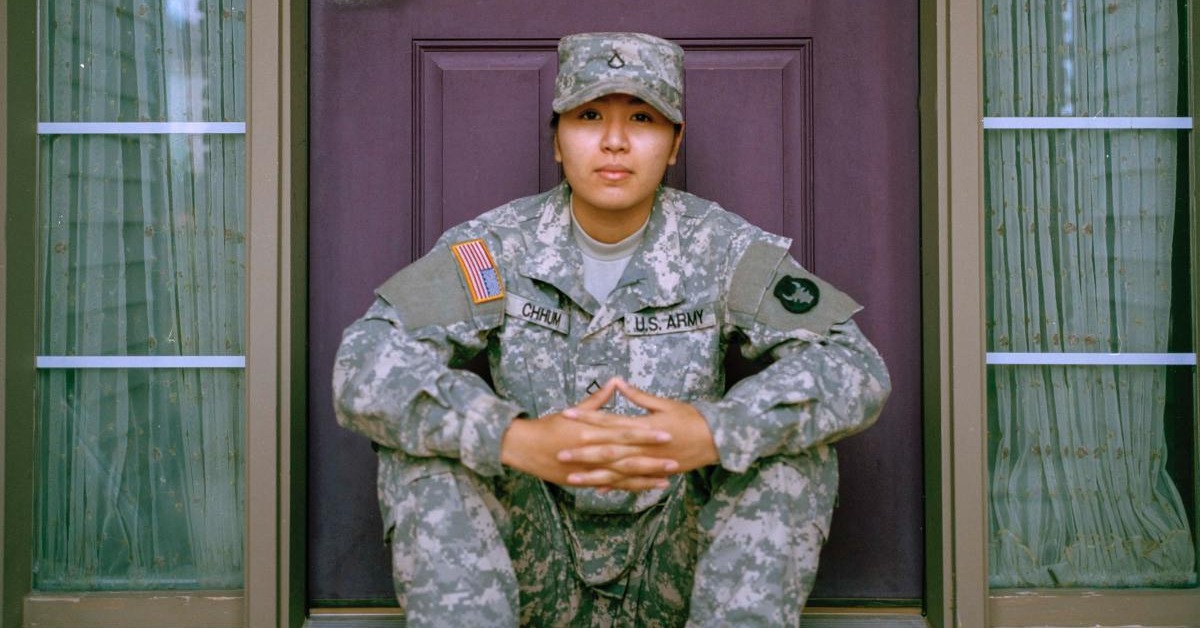
Prenatal and Pediatric Genetic Counseling: An Overview
Genetic counseling is a career that combines science and sensitivity,especially [...]

There’s good news and bad news about mental health in the United States. In the thumbs-down category is the fact that we face a mental health crisis. According to the National Alliance on Mental Illness, 20 percent of American adults cope with mental illness today.
The good news is that we’re more willing than ever to do something about it. Unlike in the Mad Men era when depression or anxiety were seen as expressions of a mopey or uptight personality, three-quarters of Americans currently believe that mental health is on par with physical health for well-being.
With all this openness to mental healthcare, many Americans are seeking out mental health professionals. And in fact, the demand for professional counseling is so high, that nearly 40 percent of us have had to wait longer than a week to see a counselor.
Mental healthcare is a field awash in opportunity, so much so that clinical mental health counselor and substance abuse and behavioral disorder counselor both made it onto US News & World Report’s lists of the 100 Best Jobs and 10 Best Social Service Jobs.
A mental health counseling degree opens the door to this dynamic field. A graduate of these programs can use their education as a springboard to many career paths in counseling theories, social justice, human services, human development, working as family therapists, and many other subfields.
A master’s in counseling is a graduate degree type that trains students in the theory and practice of professional mental health counseling, including ethical standards, social and cultural concerns, and best practices of the counseling profession. Coursework exposes students to the latest research in psychology and counseling as they gain hands-on learning via practicums and internships, and the degree can be secured through a master of arts or master of science program.
Degree-seekers should look for programs that meet the standards set out by the Council for Accreditation of Counseling and Related Educational Programs (CACREP). When backed by this program evaluation, a masters in mental health counseling program will prepare you for licensure as a National Certified Counselor (NCC) as well as to become Licensed Professional Counselors (LPC) with your state.
| University and Program Name | Learn More |
|
Merrimack College:
Master of Science in Clinical Mental Health Counseling
|
Those with a bachelor’s degree in psychology and social sciences, in particular, are well-suited for this degree, though students with all sorts of backgrounds pursue a master’s in clinical mental health counseling. Anyone with an interest in human behavior and a desire to help others will find this education satisfying. Those who are already working in clinical mental health or social services can advance their career by getting this degree. Busy professionals in particular can complete coursework for their online master’s in mental health counseling degree from graduate programs that only require limited residencies.
In terms of educational background, clinical mental health counseling programs require applicants to have at least a bachelor’s degree. Depending on which graduate school you’re looking at, you may or may notneed GRE scores. Most programs do not require specific undergraduate courses for admission or field experience.
There are a variety of career options that those with a master in mental health counseling can pursue within the counseling profession.
These important health professionals are the front lines in caring for those who suffer from substance abuse disorders, mental health issues, and behavioral problems. The treatment and support substance abuse counselors and others provide through addiction counseling, clinical mental health counseling, support groups, and other means can be life-saving in many cases.
According to the US Bureau of Labor Statistics (BLS), these counselors can expect a median annual wage of $47,660, with the highest-paid 10 percent in this profession earning at least $78,700. Mental health counselors in government service are the best-compensated, with a median salary of $54,070. It’s also a role that comes with powerful career prospects—the field is set to grow by 23 percent by 2030, a rate more than three times the average growth for U.S. occupations.
This role is a key member of a school’s faculty, and provides essential support to students as they navigate the social, academic, and emotional challenges of school and life. Within this career, you’ll encourage student growth and development as you help them manage academic work, develop social skills, confront problems, and prepare for college or future work.
As a school counselor, you can expect a median salary of $58,120, while the top 10 percent of those in the field make almost $97,910. You’ll also enjoy a solid employment outlook, with jobs in school counseling expected to increase by 11 percent by 2030, almost twice as fast as U.S. jobs on average.
This job requires you to have excellent counseling skills and the ability to engage others. Your education will also equip you with a strong understanding of counseling theories, which provide a framework for interpreting a client’s thoughts, feelings, and behaviors. In this career, you’ll assess the needs of individuals, families, or communities, and offer strategies to help them increase their health and wellness. This may involve community outreach as a nonprofit organization faculty member or individual consultation as part of a corporate wellness program, among other arrangements.
According to the BLS, health professionals in this role make a median annual wage of $56,500, with the highest-earning 10 percent in the field earning almost $101,890. Job growth in this sector is robust—employment is projected to grow 17 percent by 2030, more than twice as fast as the average U.S. occupation.
In this profession, you’ll act as a liaison between a community and the healthcare professionals who serve them. This requires interpreting health information for those who may need help navigating the field, facilitating discussion between healthcare providers and local groups, and collecting data about the health concerns such as community mental health or immunization.
Community health workers make a median annual wage of $42,000, and the highest-paid 10 percent brought in $70,790. The field is expanding quickly, with job growth projected to increase 17 percent by 2030, or double the average for all occupations.
A master’s degree program in counseling trains graduates to help others live healthier, more balanced lives. Within this role, you’ll be equipped to advise others on emotional health, stress management, and work-life integration. Wellness coaches may be employed by corporate wellness programs or community groups.
According to PayScale, wellness coaches make an average of $18.64 an hour, with the opportunity for increased pay through bonuses, profit-sharing, and commissions. Opening a wellness coaching business or private practice is a satisfying and lucrative way to engage in this field.
A master’s degree in mental health counseling sets graduates up to assist the increasing number of Americans who are seeking out mental health care and engaging in wellness in various ways. You can feel confident knowing that you’re pursuing a counseling career to help struggling people, and making moves in a field that’s not disappearing anytime soon.
(This article was updated on October 1, 2021.)
(Last Updated on February 26, 2024)
Questions or feedback? Email editor@noodle.com

Genetic counseling is a career that combines science and sensitivity,especially [...]

If you're passionate about improving service members' quality of life [...]

Not everyone in a hospital wears scrubs. Some, like hospital [...]

A lot of factors come into play. Think: demand, specialization, [...]

Top earners in substance abuse social work can earn over [...]
Categorized as: Counseling, Psychology, Nursing & Healthcare